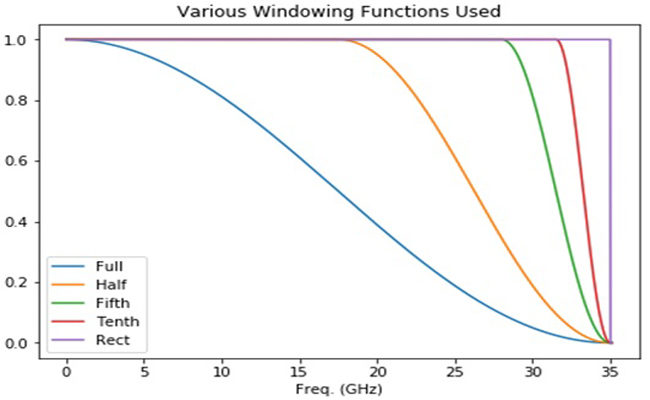I am becoming even less convinced of your absorptive properties with statements like that.
An impulse response is an impulse response, whether it be a mechanical, electrical, or digital signal.
Physics and math do not leave much room for debate.
People do pursue education and achieve careers in these fields, pursuit of crumbs notwithstanding...
Good luck.
Well I'm becoming more convinced you don't have enough of a clue about what all types of sound engineering entails... In my domain (and I've stated that) Impulse in regards to signal and decay etc would refer to filters, phasing, pre ringing, perhaps transients etc. Measuring it with equipment doesn't seem to have an exact same purpose since it has different side affects and it's absolutely redundant information when going over a certain price range with audio equipment.
I think you overvalue the necessity of the knowledge you posses in real-life audio and mixing work... It's mostly a novelty, which I'm curious about nonetheless as it's in my nature, but by no means is that the focus of all sound engineers.
If you're lacking the experience I posses (which may\may not be the case) - you would not be able to process sound and perform complex audio work, no matter how many stats you can regurgitate. And if you knew what it entails digitally - you'd know how little "noise floor", "THD+N", "Impulse response measurements" and "math" actually matter above a certain price range. YES I know what noise floor is for example, it's relevant in Microphones and other devices, Phase is highly relevant in mixing etc, but the obsession about it in the hardware context makes no sense for practical use, so it's only
an expansion I'm personally interested in, and not at all a necessity to be expected.
Frequency Response, Phasing, Sound manipulation etc matters a lot, but differently, so I doubt many would be able to identify and use the right tools to improve and mix audio as an audio engineer in that field would.
I'd put my quick learning skills in "your" domain up against your ability to understand algorithms plugins and sound processing to test how well you'd performs audio work haha.
Would you know how to quantify processing in a multiple instrument mix? How to create\prevent phasing? Avoid masking? Compress accurately? Transient shaping etc.... I can go on haha.
If you happen to come from that field - good on you, if not - you'd probably learn to respect it more if you actually knew what it means and why the type of measurements you talked about are, once again - highly redundant above a certain price point.
I'm thinking - if you pull this type arrogance on me, a professional who can clearly refute what you're saying, imagine how a relatively new person in this realm would be treated.
This is why there's a distinction imo between some community members who are committed to helping and people who are here to flex...
I'd hope to see less of the latter, but this isn't the world we live in is it haha so keep at it I guess



